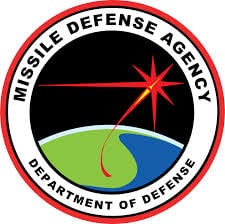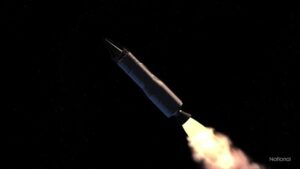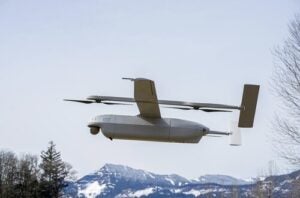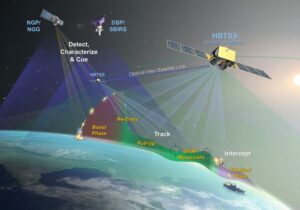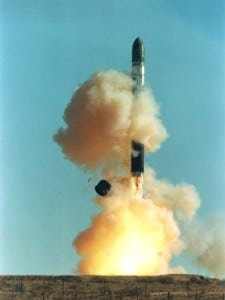
Rep. Jim Bridenstine’s (R-Okla.) American Space Renaissance bill directs the Defense Department to give United States-developed rocket engines a 25 percent price reduction in procurements starting in 2023 to discourage use of Russian engines.The bill describes a U.S.-developed engine as one that uses articles, materials and supplies substantially derived from supplies mined, produced or manufactured in the U.S. That is, unless these materials are deemed too expensive or inconsistent with public interest. The engine also has to not be subject…





